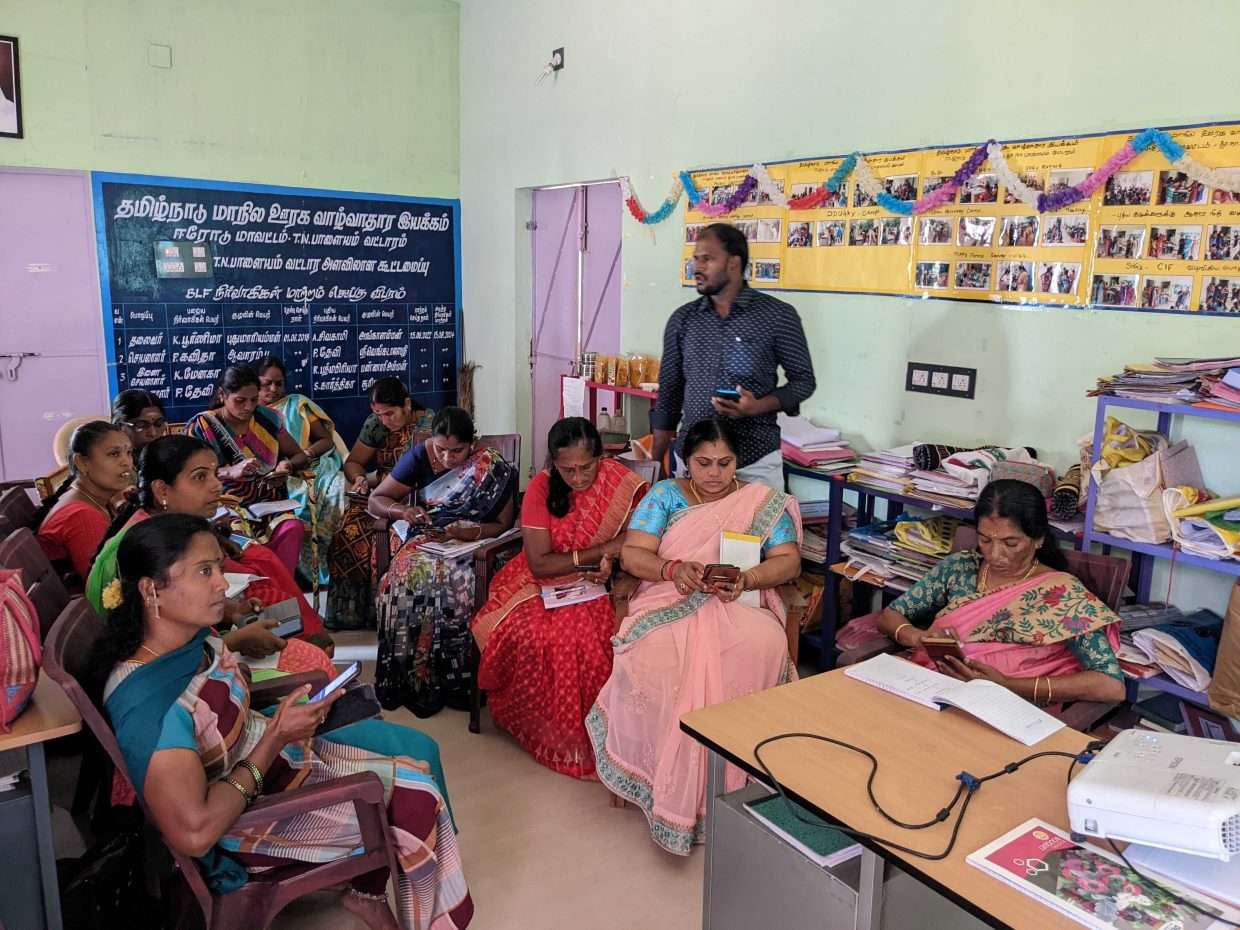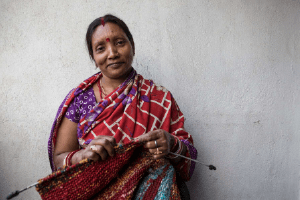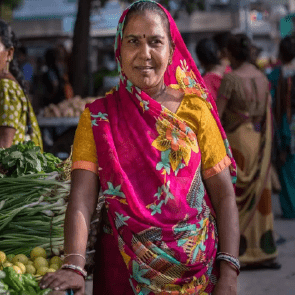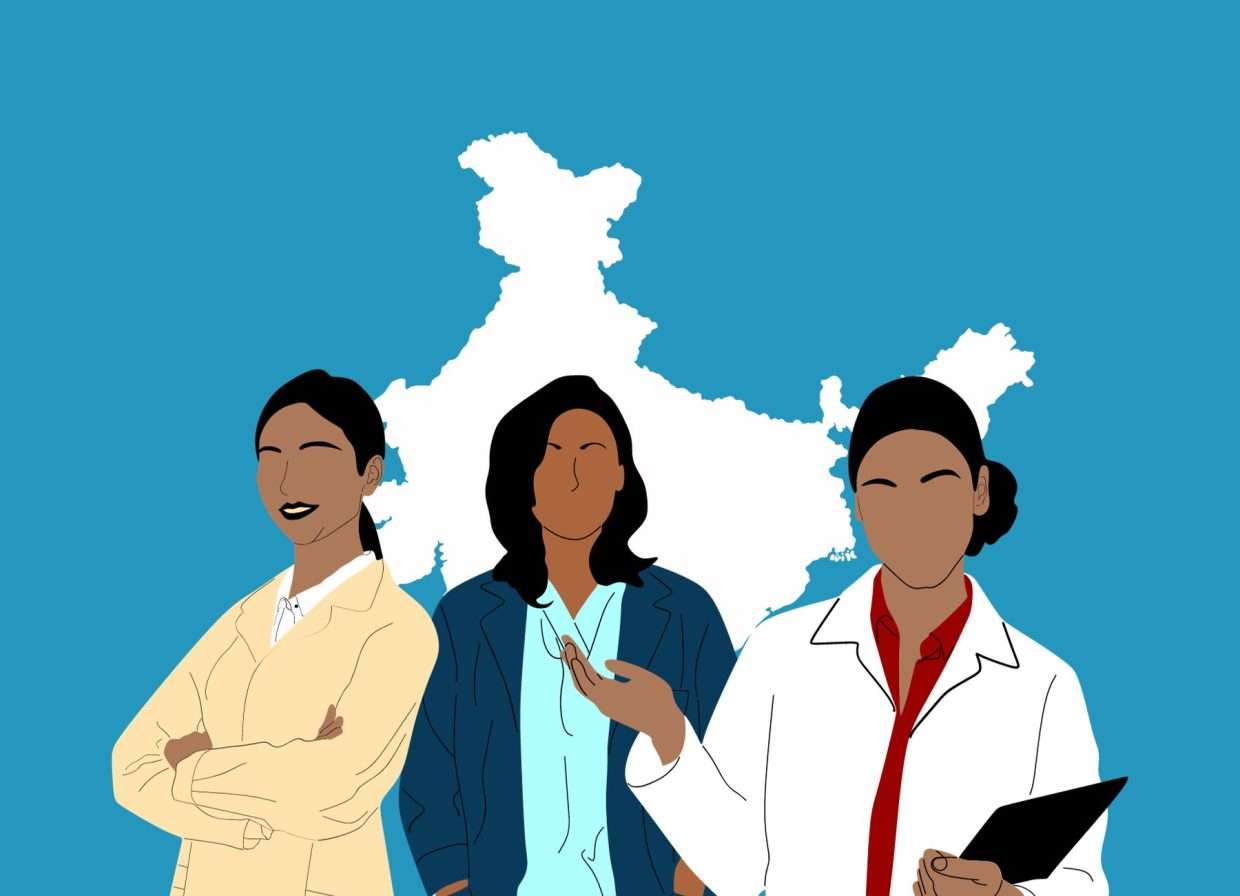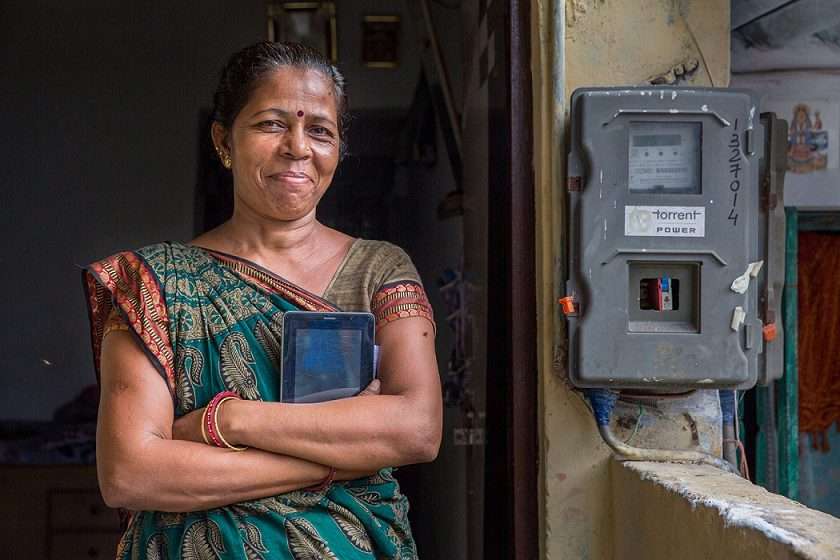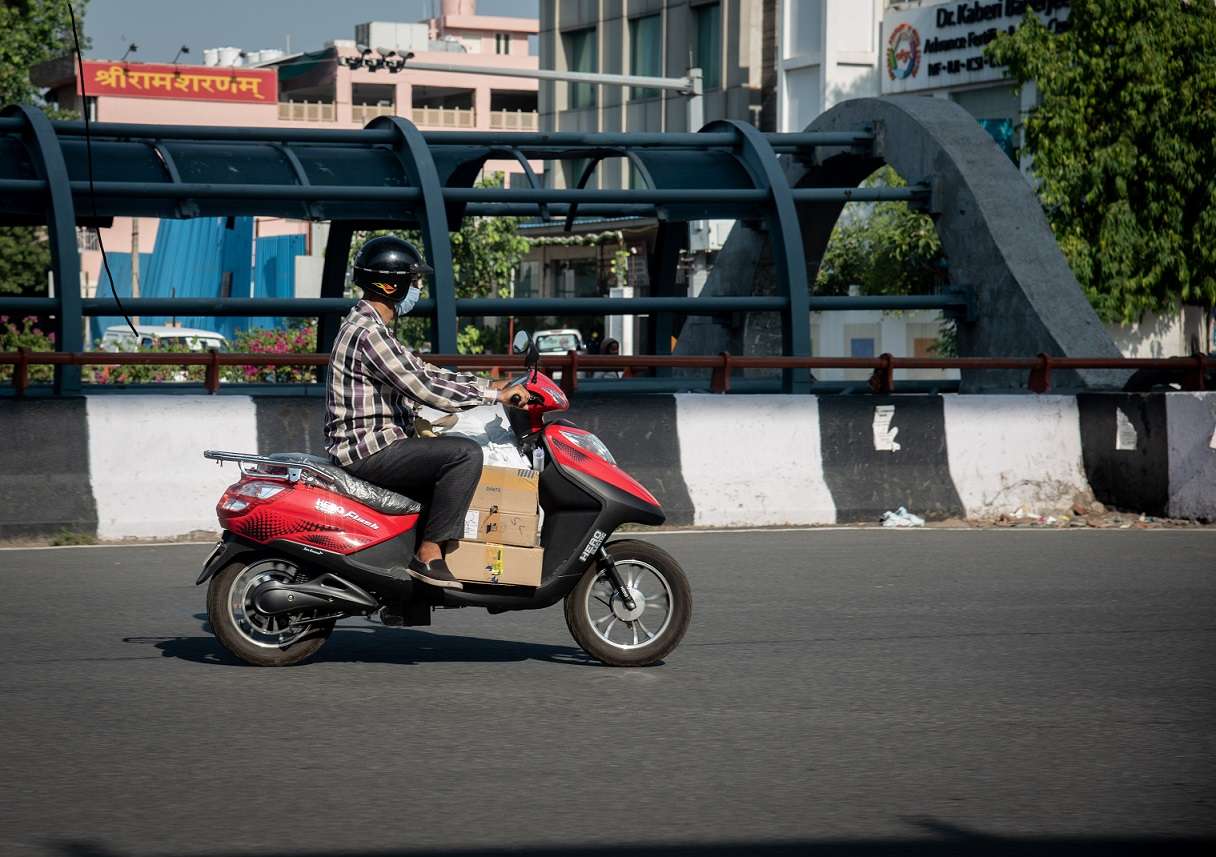Empowering rural women entrepreneurs through business training is instrumental in imparting crucial skills, including sound financial management, marketing, and strategic planning. Specialised training programs become essential since many women entrepreneurs in rural areas may have limited familiarity with business and … Read More
Publications
Capacity Building on-the-go: Insights from a Digital Learning Initiative for Rural Women Entrepreneurs
Vimisha Gohel, Sijo John | February 19, 2024
Short Run Effects of Skill Training for the Unemployed Youth in India
Rashmi Barua, Pratibha Joshi, Swati Singh | January 2, 2024
Nearly 30 million Indians between the ages of 20 and 29, 85 percent of the unemployed, were actively seeking employment in 2021. Alarmingly, a large population of the unemployed are educated. Youth unemployment is a significant worry for any economy … Read More
Measuring Financial Health in Low and Middle-Income Countries
Sabina Yasmin, Sampurna Basu, Nelson G Mathews | December 20, 2023
In the last decade or so, considerable progress has been in bridging gaps in access to finance worldwide. In emerging economies, the financial inclusion agenda has also gained significant momentum. Meanwhile, there is growing recognition that for inclusion to deliver … Read More
E-nabling Women Entrepreneurs: Digital Solutions for Financial Management
Ryan D’Souza, Sijo John | December 20, 2023
Recordkeeping is an essential practice adopted by enterprises to record the day-to-day financial activities of the business. It is used by entrepreneurs to track their cash flow and assess whether their business is profitable or not. The absence of recordkeeping … Read More
From Access to Use: Insights on Serving Women Banking Customers in India
Sabina Yasmin, Sonja Kelly, Flavy Sen Sharma | November 8, 2023
India leads the world in the expansion of financial access to low-income people, especially low-income women. As the access challenge is nearly solved, the opportunity financial services providers now face is engaging their customers. Public Sector Banks (PSBs) are uniquely … Read More
Women in India’s Startup Ecosystem Report (WISER)
ACT Grants, Udaiti Foundation, McKinsey & Company, LEAD at Krea University | October 30, 2023
India’s startup ecosystem has been pivotal in unleashing economic growth and catalyzing entrepreneurial innovation. As a leading and high growth employer, the industry attracts a large and diverse pool of talent, positioning it uniquely to lead the way toward gender … Read More
Risk Factors for Suicidal Behaviour Among Adolescents in the Indian Context Through the Lens of the Integrated Motivational-Volitional Model
LEAD at Krea University, Banyan Academy of Leadership in Mental Health (BALM) | October 9, 2023
Adolescent suicide is one of the most common reasons for death among young people all around the world. India has the largest adolescent population of 25.6 crores (NCRB, 2020), between the ages of 15-25 years, and has one of the … Read More
WomenLift Health Stakeholder Analysis: India
LEAD at Krea University, WomenLift Health | October 5, 2023
Women in health leadership and decision-making positions are key to ensuring that diverse perspectives and ideas influence policies and goals, resulting in a better and more equitable foundation for the health systems that serve us all. The benefits of female … Read More
Enabling Digital Adoption Among Women Entrepreneurs – Insights From a Pilot on Digital Ledgers
Sijo John, Ryan D’souza | September 28, 2023
Entrepreneurs require access to timely and accurate financial information to make informed business decisions. However, many small business owners lack the technical skills to maintain financial records, and the process is time-consuming. They rely on recall rather than record. Innovations … Read More
Gig Pulse: Financial Matters & Motives – Insights Into the Various Lives of Gig Workers
Sharon Buteau, Badal Malick | August 23, 2023
The introduction of digital technology in key sectors has fundamentally altered how people work and has far-reaching implications for the future of work. One such shift is seen in the emergence of thegig economy, which currently accounts for around 8 … Read More
- « Previous Page
- 1
- 2
- 3
- 4
- 5
- …
- 30
- Next Page »

